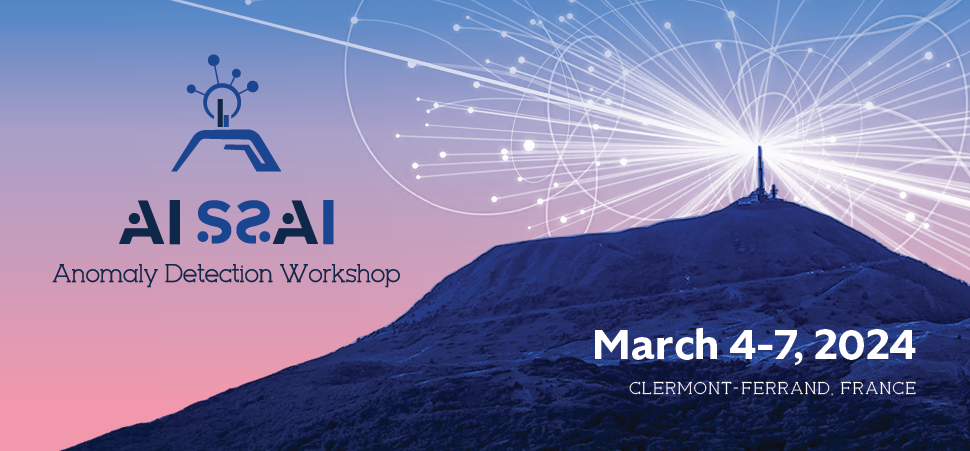Orateur
Description
No stone can be left unturned in the search for new physics beyond the standard model (BSM). Since no indication of new physics was found yet, and the resources in hand are limited, we must devise novel avenues for discovery. We propose a Data-Directed Paradigm (DDP), whose principal objective is to direct dedicated analysis efforts towards regions of data which hold the highest potential for discoveries leading to BSM physics. The DDP is a different search paradigm, in complete contrast but complementary to the currently dominant theory-driven blind analysis search paradigm. It could reach discoveries that are currently blocked by the waste of resources involved in the blind analysis dogma. After investing hundreds of persons-years, impressive bounds on BSM scenarios have been set. However, this paradigm also limited the number of searches conducted, leaving large potential of the data unexplored. One representative example is that of the search for di-lepton resonances, where searches targeting exclusive regions of the data (di-lepton+X) are hardly conducted. Focusing on the Data, the DDP allows identifying rapidly whether the data in a given region exhibit significant deviations from a well-established property of the Standard Model (SM). Thus, ideally, an unlimited number of final states can be tested, expanding considerably our discovery reach. We discuss DDP implementations for two SM properties. The first is the fact that in absence of resonances, most invariant mass distribution are smoothly falling. Along the di-lepton example, we propose identifying which of the many di-lepton+X selections is more likely to hide a resonance. The second property is the flavour symmetry of the SM, the fact that, in absence of BSM physics, the LHC data should be approximately symmetric to the replacement of prompt electrons with prompt muons.
